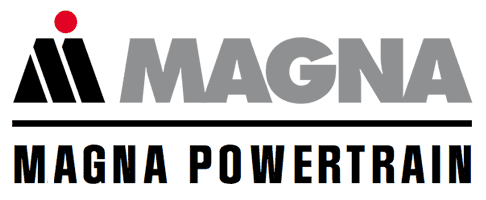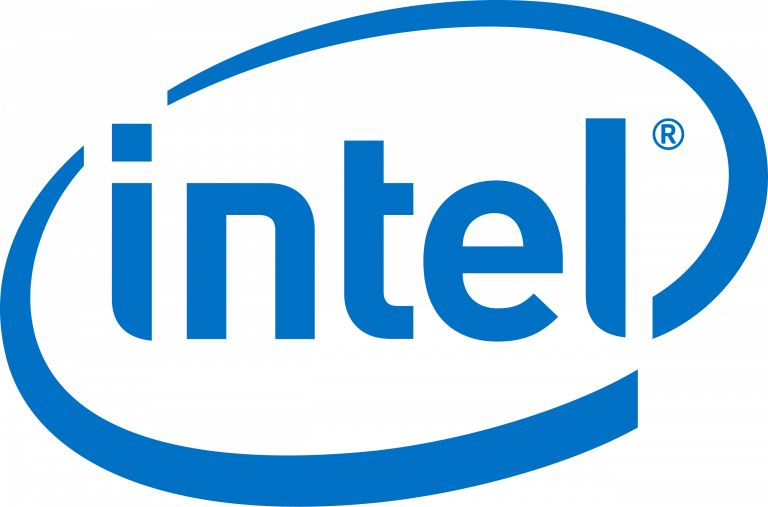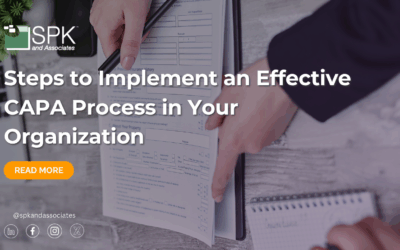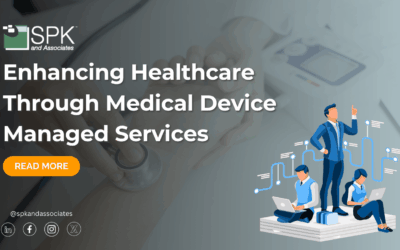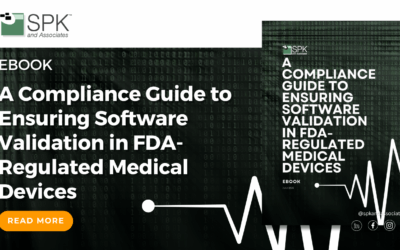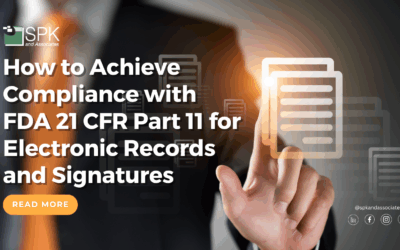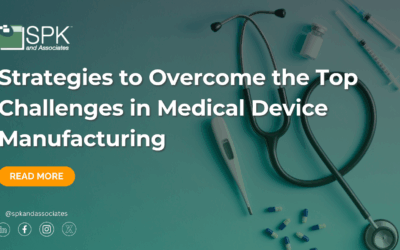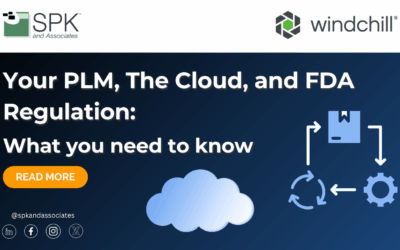Computer Software Assurance Services
Our team is skilled in offering CSA services, training and critical thinking methodologies. Our Team can help shape your CSA strategy, or designing a proof of concept program. By evaluating the compliance and technological maturity of your organization, you gain a clear picture of your current standing and understand what’s needed to advance your people, processes, and technology for future competitiveness.
A fine balance is crucial; minimal effort risks product quality and patient safety, while excessive effort can burden your Quality and IT teams with extensive workflows and verification tasks. What’s essential is a strategic, balanced, and sustainable approach to compliance that not only adheres to standards but also gives you a competitive edge.
At SPK and Associates, we specialize in helping clients fine-tune, automate, and optimize their GxP processes. With over two decades dedicated to addressing the unique challenges of life sciences companies, we have the desired experience you need in this arena. Working in tandem with global health authorities and leading tech firms, we continuously enhance and innovate solutions tailored for the medical device industries, ensuring our clients achieve and maintain the compliance crucial to their success.
Our experts can help with CSA! Contact Us Today!
What makes SPK and Associates different?
Customer Relationships
Typically, our clients choose to collaborate with SPK and Associates for an extended period, often spanning over 8 years.
Regulated Industries
20+ years of experience with medical device, aerospace, automotive and other regulated industries
Hardware + Software
Uniquely positioned with years of understanding of both hardware and software product development
Computer Software Assurance vs. Computer System Validation
Computer Software Assurance (CSA) and Computer System Validation (CSV) are both processes related to ensuring the reliability and safety of software systems, particularly in regulated industries like pharmaceuticals, healthcare, and biotechnology. However, they have different focuses and approaches.
Computer Software Assurance (CSA):
- CSA is a relatively newer approach, advocated by regulatory bodies like the FDA.
- It focuses on the assurance of software quality, with an emphasis on risk management.
- CSA is more about ensuring that the software performs its intended functions safely and effectively, and less about exhaustive documentation.
- It allows for a more flexible and risk-based approach, where the level of effort is proportional to the potential impact on patient safety, product quality, and data integrity.
- CSA encourages the use of agile methodologies and automated testing tools to facilitate continuous improvement and more efficient assurance processes.
Computer System Validation (CSV):
- CSV is a more traditional approach, particularly prevalent in industries subject to stringent regulatory requirements.
- It involves a comprehensive process of ensuring that a computerized system does exactly what it is designed to do in a consistent and reproducible manner.
- CSV is heavily documentation-oriented, requiring detailed documentation for every aspect of the system’s development lifecycle, including planning, testing, and operation.
- The process is often seen as more rigid, requiring extensive manual testing and validation protocols.
- CSV can sometimes be more time-consuming and resource-intensive due to its emphasis on detailed documentation and thorough testing for all parts of the system, regardless of their impact on patient safety or product quality.
In summary, CSA represents a more modern, risk-based approach focused on software quality and efficacy with an emphasis on flexibility and efficiency, while CSV is a more traditional, documentation-heavy approach ensuring that a system consistently performs according to its intended use.
Related Medical Device Resources
Steps to Implement an Effective CAPA Process in Your Organization
Corrective and Preventive Action (CAPA) is a cornerstone of quality management in regulated industries. The CAPA process is essential not only for addressing current issues but also for proactively preventing future ones. It’s systematic, closed-loop, risk-based, and...
Enhancing Healthcare Through Medical Device Managed Services
Developing potentially life-saving products requires unparalleled performance, security, and compliance. However, as medical technology continues to evolve, so does the complexity of managing the systems that power it. Hospitals and healthcare providers are facing...
A Compliance Guide to Ensuring Software Validation in FDA-Regulated Medical Devices
Unlock the secrets to seamless FDA compliance with our comprehensive eBook. This practical guide breaks down the regulations and standards that matter most, including 21 CFR Part 11 and Part 820, and walks you step-by-step through risk-based validation, robust...
How to Achieve Compliance with FDA 21 CFR Part 11 for Electronic Records and Signatures
In highly regulated industries like medical devices, maintaining data integrity and regulatory compliance is non-negotiable. One of the key regulations in this space is FDA 21 CFR Part 11, which governs the use of electronic records and electronic signatures. It...
Strategies to Overcome the Top Challenges in Medical Device Manufacturing
Medical device manufacturing is one of the most regulated, complex, and high-stakes industries in the world. From ensuring compliance with evolving global regulations to protecting patient data, companies face a multitude of hurdles. These are just what is expected....
Your PLM, The Cloud, and FDA Regulation: What You Need to Know
Product designs, documentation, and processes aren’t just valuable intellectual property, they’re your license to operate. In the highly regulated medical device industry, manufacturers must carefully consider these factors. If you’re using a Product Lifecycle...




